In response to the deadliest mass shooting in Canada’s history, Prime Minister Justin Trudeau has placed an immediate ban on 1,500 models of military-style assault weapons stating the Canadians need more than just thoughts and prayers.
In their initial investigation, the RCMP found that the Nova Scotia shooter obtained a few of his weapons from the United States. To the best of our knowledge, we do not believe that the Nova Scotia shooter had a firearms license or used an assault rifle for the actual shootings.
Here’s what you need to know from a firearms and criminal defence standpoint:
Gun Offence Conviction are Serious
Canada allows owning of firearms by licensed civilians. However, there are severe restrictions in place upon their usage.
The restrictions have been made stricter after this tragic episode. Recent statistics show that guns are often used in assault, murder, robbery, and harassment. Gang violence in British Columbia has also led to stricter control and enforcement of gun possession laws.
Penalties for illegal firearm possession can range from minor to severe depending on the offence. Some more severe penalties include:
- Weapons for dangerous purposes—This refers to the possession of weapons/firearms, imitation of weapons/firearms, or holding an unauthorized weapon or firearm for dangerous purposes. Penalty for such an offence is a $5,000 fine with six months in prison which can go up to ten years in prison.
- Possession of a restricted weapon with ammunition— This is a very serious criminal charge and an offender can face a penalty of $5,000 fine and six months to ten years in prison.
- Possession of a firearm knowing that the possession is unauthorized—The law sees possession of an unauthorized firearm as an intention to engage in illegal activity or commit a crime. This offence comes with a maximum penalty of ten years and a minimum sentence of one year in prison.
These are just the more severe sentences. Less severe offences like careless storage/handling, pointing a firearm without shooting, and carrying a concealed weapon would lead to shorter sentences. In most cases, the maximum penalty is five years in prison and a fine of $5,000.
From the Perspective of a Criminal Defence Lawyer
We believe that any legislation, just like any criminal conviction, should be based on facts, rationality and logic. Speculation or uninformed public opinion cannot drive a criminal case, nor should it be allowed to drive criminal legislative changes.
What happens if you own a firearm?
The government’s ban prevents Canadians from buying, selling, using, transporting, and importing the weapons listed on the ban list which includes two long guns used by the Nova Scotia gunman.
However, current owners of these guns shall be provided with a two-year amnesty period in which they can surrender the weapons.
The Government is expected to pass legislation guaranteeing and providing fair compensation. Police officials have advised owners to not surrender their guns and firearms during the COVID-19 pandemic.
What to expect from the firearms ban?
British Columbia data suggests that the number of firearms charges vary from year to year. Data and time will tell if there is a consistent or sudden drop in firearms charges because of this ban.
The Nova Scotia shooting is among the greatest tragedies in Canadian history, exacerbated by the ongoing COVID-19 pandemic. Our sincere condolences go out to everyone affected, directly or indirectly, by this senseless and appalling tragedy.
